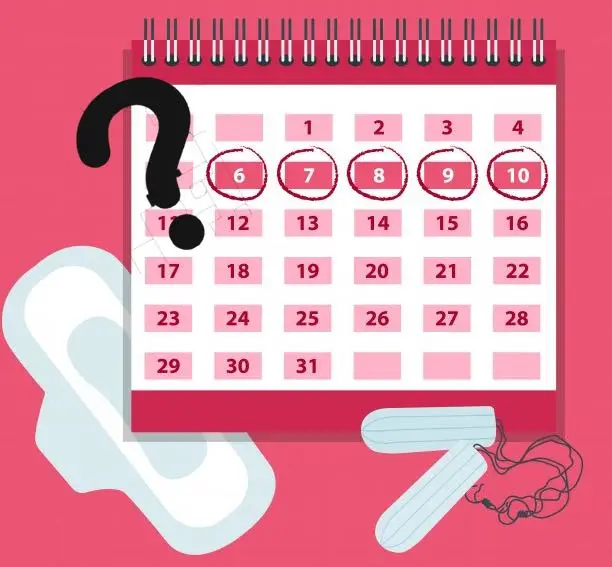The Down Side of Lack of Menstruation
Hippocrates, an ancient scholar, once quoted, “when the menses are stopped, diseases from the uterus take place.”
In 1652, the physician Nicolas Fontanus associated lack of menstruation with palsy, melancholy, burning fevers, nausea, headaches, and a distaste for meat.
As we progressed into the 18th century, physicians reported that suppressed menstruation would cause women to have deep hysteria or mental anguish.
Lack of Education Leads to Lack of Menstruation
As one considers the information previously discussed, one should draw the conclusion that the encouragement of menstruation being considered an elective bodily process is illogical and insane.
Sophia Yen, a pediatrics professor at Stanford Medical School endorses that science can now turn off periods once they are established saying, “We now have the technology to make periods optional.”
The scientist and physicians of former generations say that lack of menstruation leads to mental health challenges but Yen calls it “my crusade, my moonshot.” Who is really getting the benefit?
The Outcomes of Lack of Menstruation
The natural process of a woman’s body to cleanse itself is now deemed messy, painful and inconvenient. However, if you turn off a woman’s menstrual cycle and silence it until the woman decides to conceive, will it wake up again?
The rationale for this deceptive education is that it will save her the costs of a few less boxes of feminine products a year yet it increases her costs of oral contaceptives? One has to ask, ”is any of this worth potentially shutting down a woman’s ability to conceive?”
True Chocie Offers FEMM Education
Inconvenience and infertility will not be the end game as long as there are programs like FEMM education empowering women to achieve hormonal health through charting their cycles and working side-by-side with a medical professional who will help them significantly improve their overall health.
At True Choice Medical Clinics, our certified clinicians are here to help answer your fertility and reproductive health questions.
To consult with a certified fertility education instructor, call 858-397-1970 or email [email protected]
https://www.theatlantic.com/science/archive/2020/07/why-menstruate-if-you-dont-have/614350/?mc_cid=1ff9c59913&mc_eid=54c0d3aa4a





